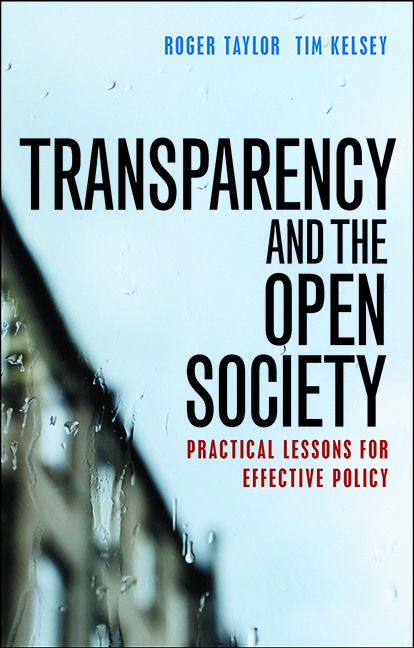1 - History and methods
Published online by Cambridge University Press: 05 April 2022
Summary
Hanslope Park is a large Regency house a few miles outside Milton Keynes in England. Surrounded by a complex of office buildings and a high-security perimeter fence, it does not invite scrutiny. This is a place where secrets are kept.
Together with its better known neighbour, Bletchley Park, this former stately home was taken over by the British government during the Second World War. Bletchley Park was the centre of Britain's efforts to learn the secrets of our enemies and became famous as the place where Alan Turing cracked the Enigma code. Hanslope Park was given the opposite job. It was, and remains, home to Her Majesty's Government Communication Centre – the organisation tasked with keeping our codes and communications out of enemy hands.
In 2012, Hanslope Park found itself in the headlines when we learnt just how good it was at keeping secrets. A vast archive was uncovered within the complex, containing over one and half miles of shelving stacked with files and boxes.
To conceal so much material, the archive had been hidden in plain sight. Employees at Hanslope Park were misinformed about the nature of what was on the shelves. Some had been told the files were administrative records of no interest; others that they belonged to another organisation. The shelves were labelled ‘Hayes’, the name of a company that had once briefly stored them while in transit. There was a good reason for dissuading staff from investigating these files.
The archive contained many of the most sensitive and incriminating documents from Britain's history. It held documents going back over a century, relating to the administration of more than 30 colonies including Cyprus, Palestine, Malaya and Kenya.
The Public Records Act in the UK requires that government documents of historical interest are published after 20 years. An exceptional extension can be applied to documents where there are ongoing national security considerations. This had not been applied to the Hanslope archive, however, and the legal status of these files remained undetermined. When the new governments of independent former colonies requested them, they were told firmly that they were the property of the British government. But the logical conclusion that they were therefore British government documents was never established.
- Type
- Chapter
- Information
- Transparency and the Open SocietyPractical Lessons for Effective Policy, pp. 9 - 30Publisher: Bristol University PressPrint publication year: 2016



